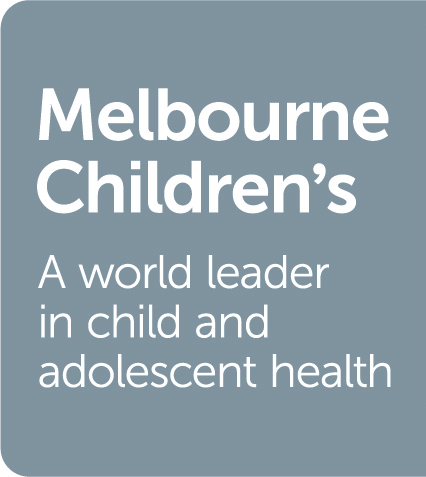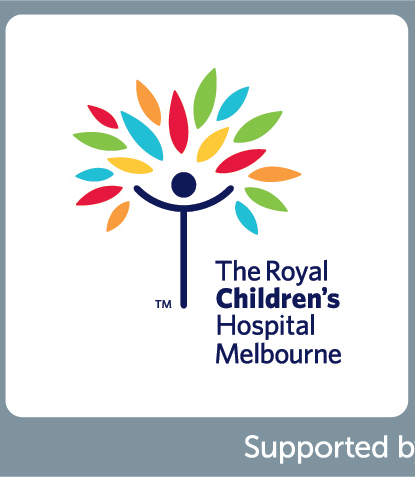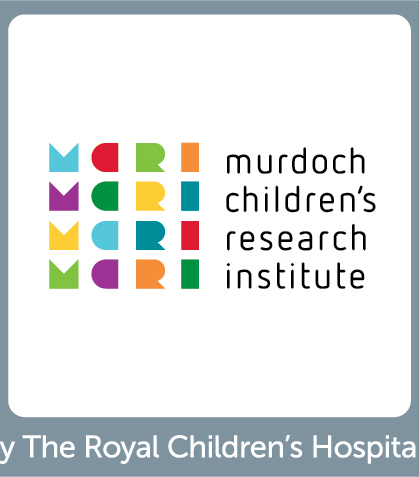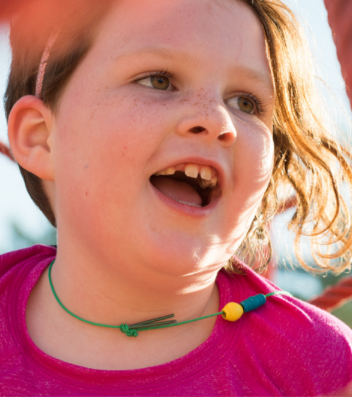Cardiometabolic Health
Meet Christine *
Christine is 10 years old, and struggles with her weight. Her parents and siblings are also overweight, and the family is used to eating food that is inexpensive and convenient.
Christine’s neighbourhood has a lot of fast food available, but not much access to fresh fruit and veggies. There are not many green spaces or parks that Christine and her siblings can easily get to either.
Christine’s family don’t have a lot of money, and they don’t have access to services that can help them to better manage their weight.
Even though she’s only 10, Christine’s risk of later developing a heart condition is already increased, compared to other kids her age. Without intervention, this risk will only increase further.
* Christine is a representation of the experience of many young people who have early-life risk factors for cardiometabolic disease.
Key facts |
|
Cardiovascular disease (e.g. heart attack and stroke) and metabolic disease (e.g. type 2 diabetes) are related and together known as cardiometabolic disease
|
| Cardiometabolic disease is the leading cause of death in Australia and worldwide |
| Cardiometabolic risk occurs across the life course and earlier prevention is likely to be most effective |
|
Even before birth, a child’s health is impacted by factors like the mother’s weight and environment
|
|
The risk of cardiometabolic disease as an adult, begins in childhood, and childhood obesity is one of its strongest predictors
|
|
Childhood obesity increases the risk of cardiometabolic disease later in life
|
|
Children whose parents are both obese are 80 per cent more likely to be obese themselves
|
|
Childhood obesity can have a negative long-term impact on peer relationships, self-esteem, academic performance and psychosocial functioning
|
LifeCourse research
Health and wellbeing are complex and vary across the lifespan.
LifeCourse research provides a platform that equips researchers with the tools, collaborations and access to produce more meaningful and robust research.
Creating a healthy start to life is vital to reduce disease risk later in life, and close the gaps created by social and economic inequities.
Preventing cardiometabolic diseases can address not just the burden of disease, but the burden on hospitals, health services, economy and on families across Australia.
Mission
Heart disease is the number one cause of death worldwide. We work to support every child to develop good cardiovascular and metabolic health, which can set them up for cardiovascular and metabolic health in adulthood.
The pathways to developing cardiometabolic problems begin during pregnancy and early childhood, and childhood obesity is one of the biggest predictors. Supporting healthy habits and lifestyle from a young age provides the foundation for a healthy heart health.
MCRI has a number of research cohorts that track participants from before birth and into adulthood. We co-lead one of the few cohorts that have cardiovascular measures on children from birth to adulthood. This allows our researchers to understand the earliest signs of cardiometabolic problems, and identify what helps and hinders good cardiometabolic health.
We also have two intergenerational cohorts, meaning study participants and their children. This allows us to explore generational patterns of obesity and cardiometabolic disease, and learn about factors that could disrupt these patterns, regardless of any genetic predisposition.
Where to next?
LifeCourse research aims to enable researchers to harness the power of our data to influence policies, programs and public opinion. We’re showing that a healthy adulthood begins in childhood.
This unique platform champions collaborations between rich longitudinal datasets across MCRI and our Melbourne Children’s campus partners – The Royal Children’s Hospital and the University of Melbourne Department of Paediatrics, underpinned by The Royal Children’s Hospital Foundation.
This strengthens the power and visibility of the individual studies and produces research that has more impact.
The rise of cardiometabolic disease means that now we’re seeing children as young as 10 diagnosed with type 2 diabetes. We need more preventative measures, education and solutions to ensure better heart health for this generation and the next.
Prevention is always better and earlier prevention better still.




